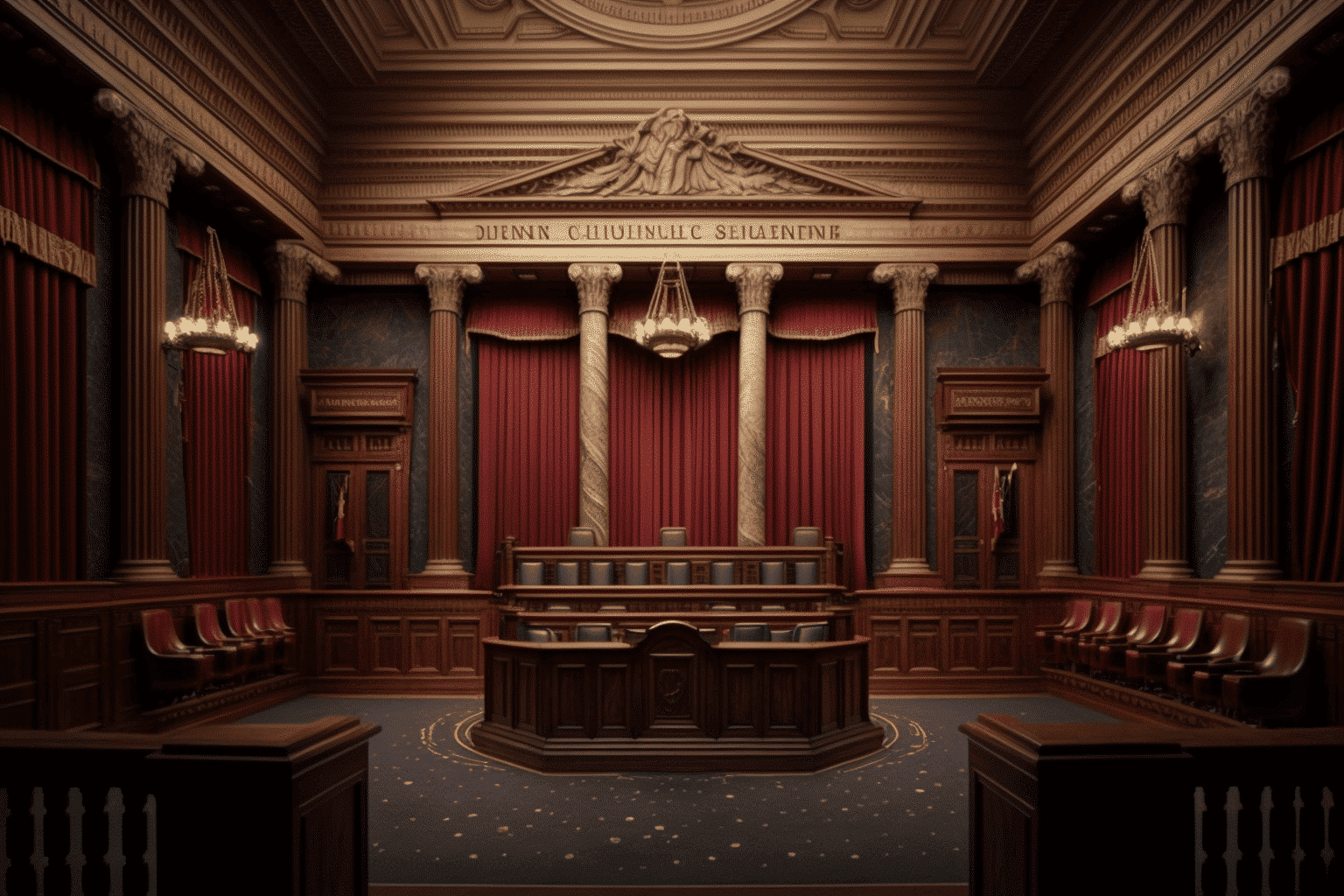The liability shield for tech companies under Section 230 of the Communications Decency Act is at the center of two cases before the US Supreme Court.
The family of Nohemi Gonzalez, an American student killed in a 2015 terrorist attack in Paris, claims that YouTube’s recommendations facilitated the Islamic State’s recruitment efforts, while a related case involves a terrorist attack in Istanbul in 2017 that prompted a lawsuit against Twitter, Facebook, and Google.
Both cases have raised concerns about the extent to which tech companies are shielded from legal accountability.
If the court rules against the tech companies, they argue that the internet could be severely restricted and that searches for information would become more difficult.
Meanwhile, critics of the tech industry argue that the current interpretation of Section 230 makes it too difficult to hold big tech accountable and incentivizes irresponsible behavior.
The legal arguments revolve around the interpretation of a law passed in 1996, and the Supreme Court’s ruling is expected to have far-reaching implications for the tech industry and free speech on the internet.
Critics of tech companies have argued that platforms such as YouTube, Twitter, and Facebook have not done enough to remove harmful content, such as child sexual abuse, revenge porn, and terrorism-related content, from their platforms.
They have also criticized the broad legal immunity that these companies have enjoyed under Section 230, arguing that it has shielded them from legal accountability and encouraged irresponsible behavior.
On the other hand, supporters of Section 230 argue that it has been critical in fostering the growth of the internet and promoting free speech.
They warn that any attempts to weaken or revoke the law would have a chilling effect on online expression and innovation, and could lead to increased censorship and the removal of legitimate content.
The two cases before the Supreme Court are expected to shed light on the scope of Section 230 and the legal responsibilities of tech companies when it comes to the content on their platforms.
The court’s ruling will be closely watched by both tech companies and their critics, and is likely to have a significant impact on the future of the internet and free speech online.
As the internet continues to evolve and become an increasingly important part of our lives, the legal framework that governs it is likely to come under greater scrutiny.
The Supreme Court’s ruling on Section 230 could be just the beginning of a broader debate over the legal responsibilities of tech companies, and how best to balance the competing interests of free speech, innovation, and public safety in the digital age.

